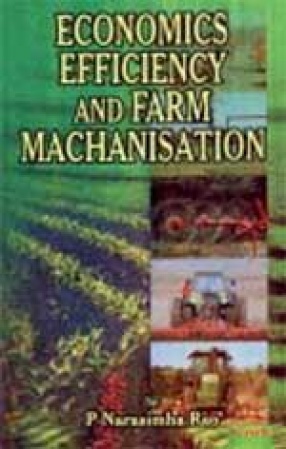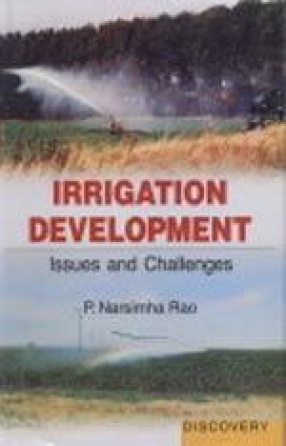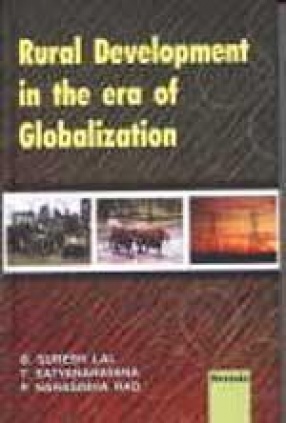Economic Efficiency and Farm Mechanisation
Synopsis
Modernisation of agriculture is a worldwide trend. Modernisation and technological inputs are highly interrelated. Among technological innovations, the mechanization is perhaps the most critical one. Unfortunately, the history of agricultural policy in many developing countries, including India, is replete with controversies when it come to mechanization. Mechanization was dubbed as anti-labour, anti-employment, anti-poor, and hence needs to be discouraged at any cost. Over the years, the scare among policy makers about mechanization has receded in its intensity but the phobia has not disappeared. Many economists have also contributed to the predicament of policy makers in this regard. Part of it was ideological was visibly anti-big farmer oriented. In this perspective, mechanization was identified with large farms and big farmers. The present study about the impact of mechanization, is able to pinpoint with a great deal of accuracy, the desirable consequences and welcome features of mechanization. It is able to explore the effects of mechanization on farm income, employment, productivity and economic efficiency in crop production. The arguments that have been made in the present study regarding the social costs and benefits of the existing pattern of mechanization leads to the conclusion that net social benefits are positive. Analysis of data from the present study indicates that the existing pattern of mechanization does not add to unemployment in the region, where the thrust is to expand agricultural output, because machines are used in response to worthwhile techno-economic considerations and high cost of draught power. As machines help to save resources, hitherto allotted to maintain draught animals they enable an increase in output by raising crop intensity and yield per acre. Their use may be socially more beneficial in the context of shortages and high prices of agricultural commodities. The increase in the scale of operation, the rise in the crop intensity and yield per acre made possible by mechanization can lead to a net increase in farm employment. Being in an age of technology, we simply cannot ignore this beneficial fallout from mechanization. Although, the empirical work is confined to Andhra Pradesh, in its analytical framework, methodology and discussion of relevant issues it has much wider application. It is a major contribution to the research and would be useful to economists, agricultural scientists and policy makers.
Read more
23.75
21.375
$
25.00 $
Free delivery Wolrdwidе in 10-18 days
Ships in 2-4 days from New Delhi
Membership for 1 Year $35.00
Get it now and save 10%
Get it now and save 10%
BECOME A MEMBER
Books by the same author









Bibliographic information